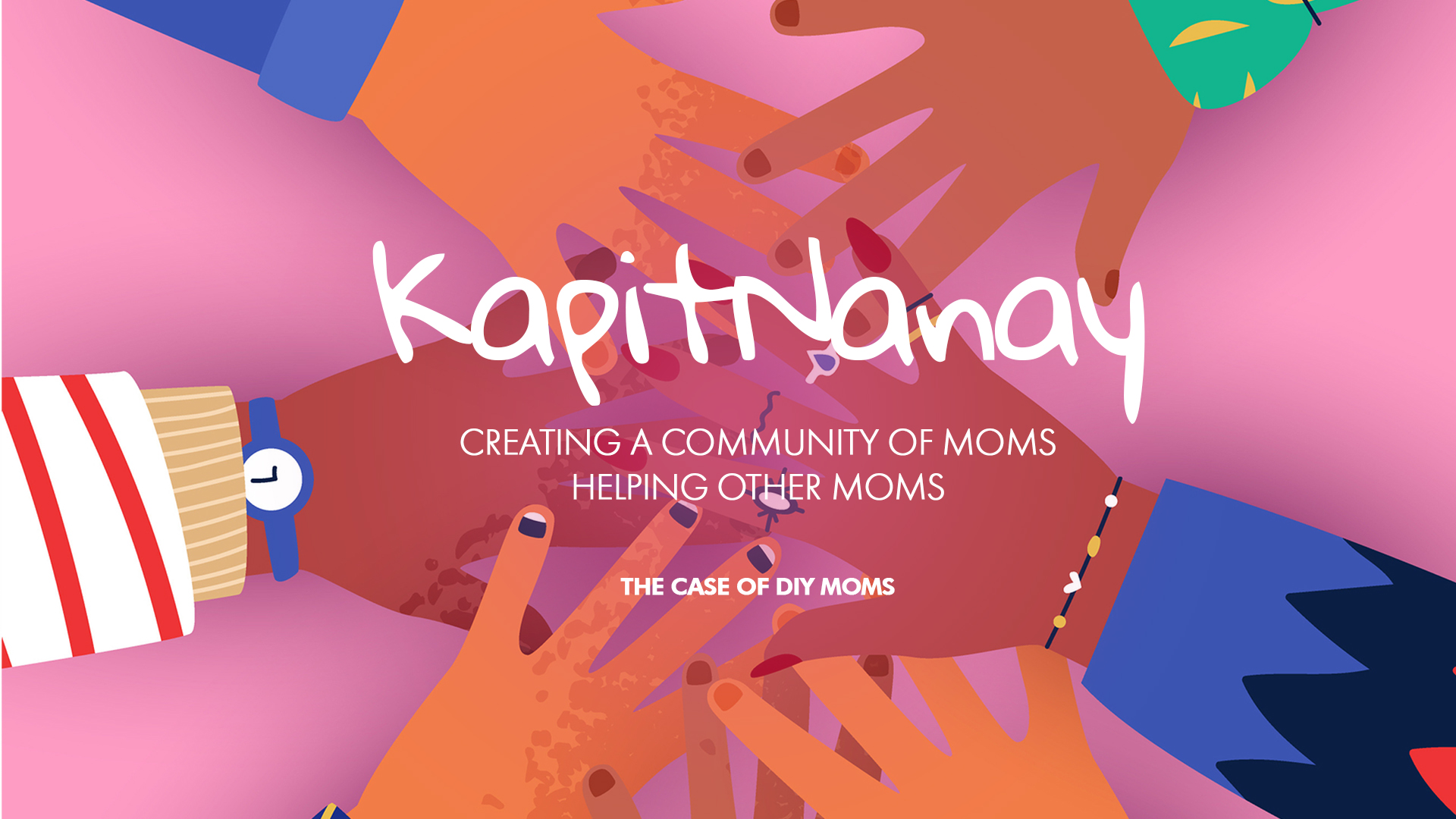KapitNanay: Creating A Community Of Moms Helping Other Moms
What is it about?
Although mothers are known for being self-sustaining family members, they also require assistance when completely exhausted. Among the most significant stressors for mothers are household responsibilities, husband and child care, and personal questions. Unfortunately, mothers hardly ever discuss private issues with their families.
Multiple studies have proven that mothers without strong support in the community have higher stress levels, resulting in pessimistic parenting. Thus, COMS360 established “Kapit Nanay: Community Of Mom Helping Other Moms Online” to give moms a platform to discuss common challenges in motherhood without the fear of judgment.
This campaign encouraged mothers to open up and share tips on a more personal level. The online community has warmly received the campaign and was influential in reaching 27,213 people with a total of 9,453 engagements via the agency partner’s particular online community page for moms.
What is the purpose?
Although mothers are resilient, dealing with issues that arise during parenthood and the challenges faced by single mothers and young mothers can be draining at times. Mothers may experience life struggles whenever they constantly think of a way to be an ideal mother for the family, according to foreign undergraduate research (Reichel, 2012).
The United Nations International Children’s Emergency Fund (UNICEF) determined in 2020 that the COVID-19 pandemic significantly negatively impacted people’s mental health. This is in addition to the negative impact on mothers’ mental health during the early months of the pandemic. With this, parents, including mothers, were urged to learn how to manage their anxiety and emotional state further to support their children’s mental health during the pandemic.
Mothers are also said to be impervious to weariness and stress (Robert, 2022), according to a study titled “Stress Levels and Coping Mechanisms of Mothers in Barangay Labangon, Cebu City.” Usually, they will continue to feel stress for the rest of their lives as parents. This study examined moms’ coping techniques to deal with emotional stress, including having someone listen to their life sentiments.
On the other hand, as far as mothers are concerned, solo motherhood will also be covered through this campaign. According to the World Health Organization, 95% of the estimated 15 million solo parents in the Philippines were women. During the COVID-19 pandemic, the state of solo mothers was affected as they needed to find a more stable source of income to suffice their family’s daily needs.
To know how these solo mothers address such problems, the Department of Science and Technology supported the study of Del Mundo et al. (2019), titled Solo Mother’s Challenges and Coping Strategies. This study has unveiled the coping mechanisms of solo mothers whenever they experience stress due to family matters. They have observed that some of the solo mothers rely on support groups to disclose their emotional stress. Moreover, these solo mothers tend to de-stress themselves by engaging in activities. The study strongly suggested that solo mothers should still be considered to provide further support in addressing their stress, even though they are considered self-empowered and show strong determination to take on family responsibilities amid life challenges.
To help in the de-stressing process of Filipino mothers, COMS360 formulated and launched the “KapitNanay: Community Of Moms Helping Other Moms Online” campaign to provide a platform for all mothers to share their sentiments and interact with other mothers, which may help them address family or self-issues.
To start a conversation among mothers, COMS360 has also researched different problems commonly experienced by the target audience, such as financial, health, and household problems.

